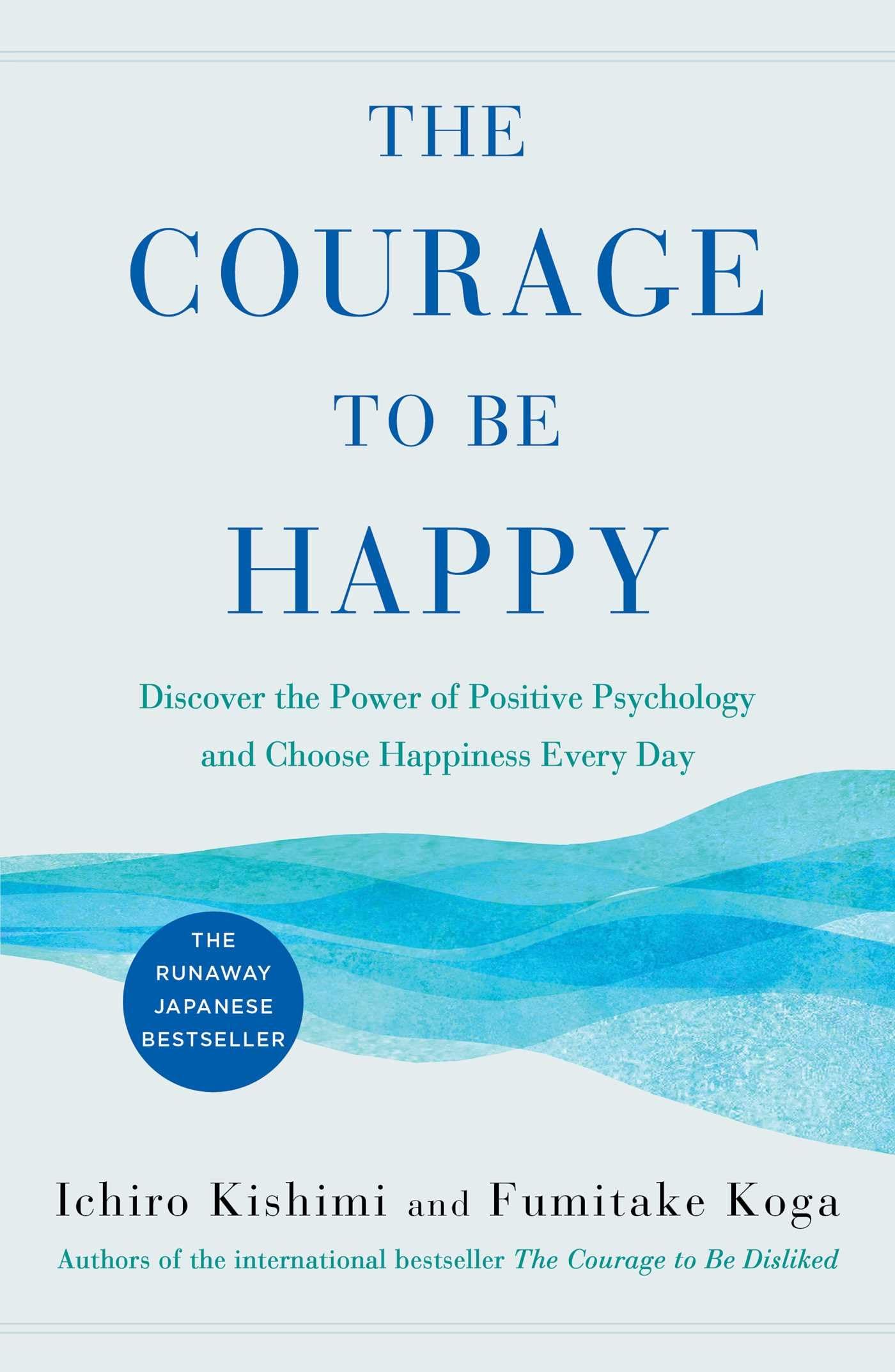Нотатки:
You are not living to satisfy other people’s expectations. […] And further, other people are not living to satisfy your expectations. Don’t be afraid of who might be watching; don’t pay attention to other people’s judgment; and don't seek recognition from others.
Being able to carry out the separation of tasks dramatically reduces one’s interpersonal relationship problems.
Education is not intervention, but assistance toward self-reliance.
Two objectives for behavior:
- To be self-reliant
- To live in harmony with society
Not trying to change or manipulate the other person who is right there in front of you. Accepting that person as they are without setting any conditions.
Place value on the person “being that person” without pushing your own value system on them. And further, assist in their growth or unfolding. That is precisely what respect is.
Start from respect.
Place value on the person “being that person” without pushing your own value system on them. And further, assist in their growth or unfolding.
Suppose an armed group of a certain country is planning a coup d’état. If they are suppressed and the attempt ends in failure, they will be defamed in the history books as traitors. On the other hand, if they succeed and the government is overthrown, their names will be remembered in history as heroes who took a stand against tyranny.
Every person is a compiler of a story of “me,” who rewrites his or her own past as desired to prove the legitimacy of “me now.”
It is your now that decides the past.
"What should I do from now on?" [— that’s the right question.] We do not need “that bad person.” Neither is “poor me” necessary.
Being constantly concerned about how one is judged by others, one can no longer live one's own life. It becomes a way of living that is no longer free. [...] And if one hopes to find freedom, one must not seek approval.
The history of the human race is the history of its triumphing over its inferiority.
In Adlerian psychology, a human being’s most fundamental need is the “sense of belonging”.
The person who is capable of feeling truly happy only upon being praised will seek to get praised more until the very last moment of their life. Such a person, having been left in a position of dependence will lead a life of ceaseless seeking, a life without fulfillment.
Having another person decide the worth of “me” — that is dependence. Determining the worth of "me" oneself — that is self-reliance.
The important point […] is that these are tasks of interpersonal relationships. In a “work task” situation, for example, rather than treating one’s labor itself as the task, one focuses on the interpersonal relationships that are associated with it. In that sense, it may be easier to understand the tasks by thinking of them as “work relationships,” “friend relationships,” and “love relationships.”
Take the rules of traffic on public roads, for example. It is on the basis of our trust that “all people follow the rules of traffic,” that we pass through a green light. We are not having confidence in people unconditionally. We do look to the left and right first. But even then, we are placing a certain trust in other people whom we have never met. In a sense, this too is a work relationship, in that it is fulfilling a shared interest in the smooth flow of traffic.
Regardless of who the other person is, one can give them respect, and one can believe in them.
If one cannot love oneself, one cannot love others. If one cannot believe in oneself, one cannot believe in others.
YOUTH: Then how can one gain a true sense of belonging?
PHILOSOPHER: One has confidence in other people, and one embarks on friend relationships. That is the only way. We cannot gain happiness solely by dedicating ourselves to our work.
We must not use the unhappiness of our current situation as a reason for abandoning our ideals.
Mother Teresa, on being asked, “What can one do to promote world peace?” gave the following reply: “Go home and love your family.” It is the same with Adler’s community feeling. Instead of doing something for world peace, just have confidence in the person in front of you. Become comrades with that person in front of you.
You should start. With no regard to whether others are cooperative or not.
To get out from under the control of the love one is given, the only thing one can do is love oneself. By loving. Not waiting to be loved or waiting for destiny, but loving someone of one’s own accord.
Devote our ceaseless efforts, in all our meetings and all our interpersonal relationships, toward the "best possible parting."
Love, be self-reliant, and choose life.

